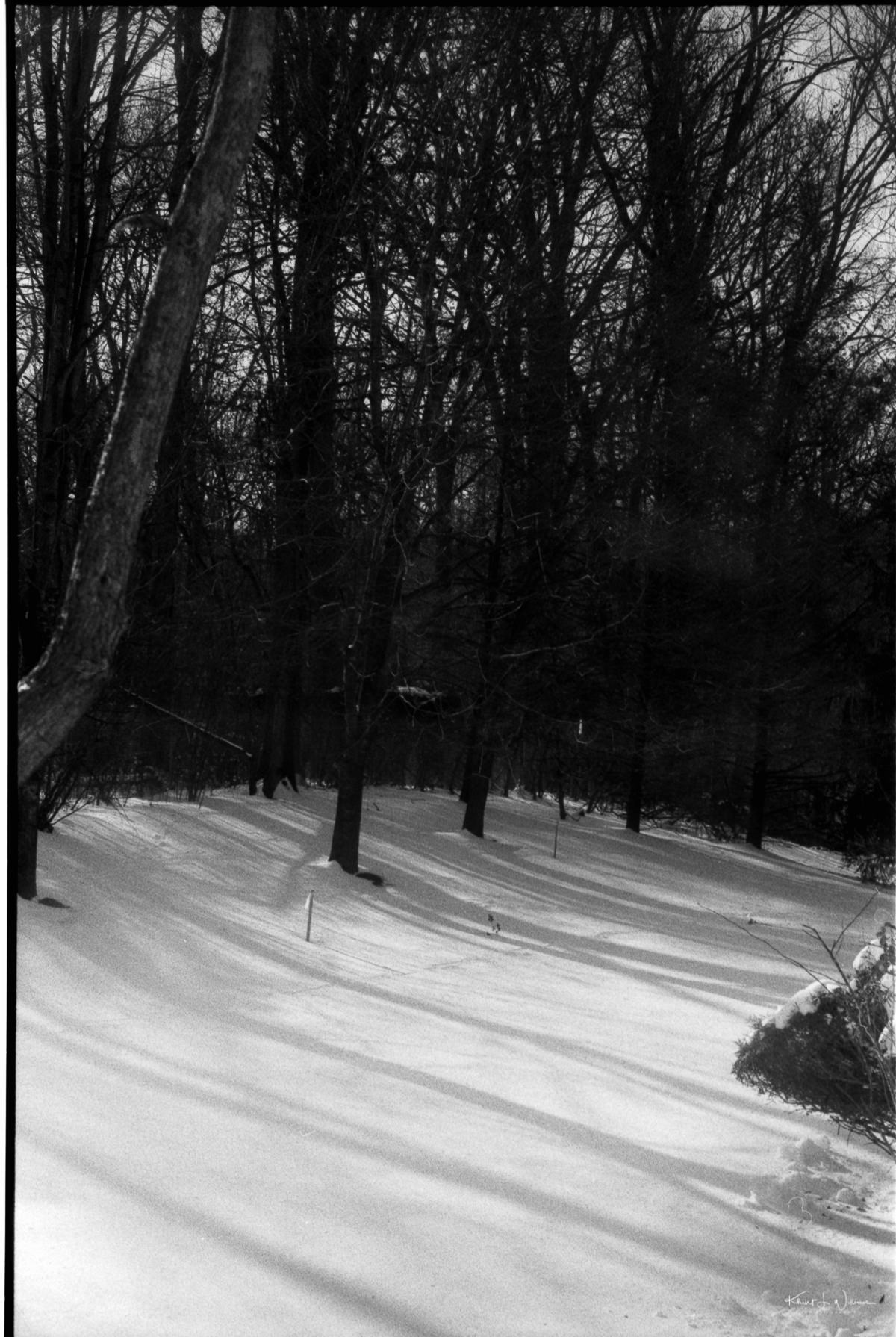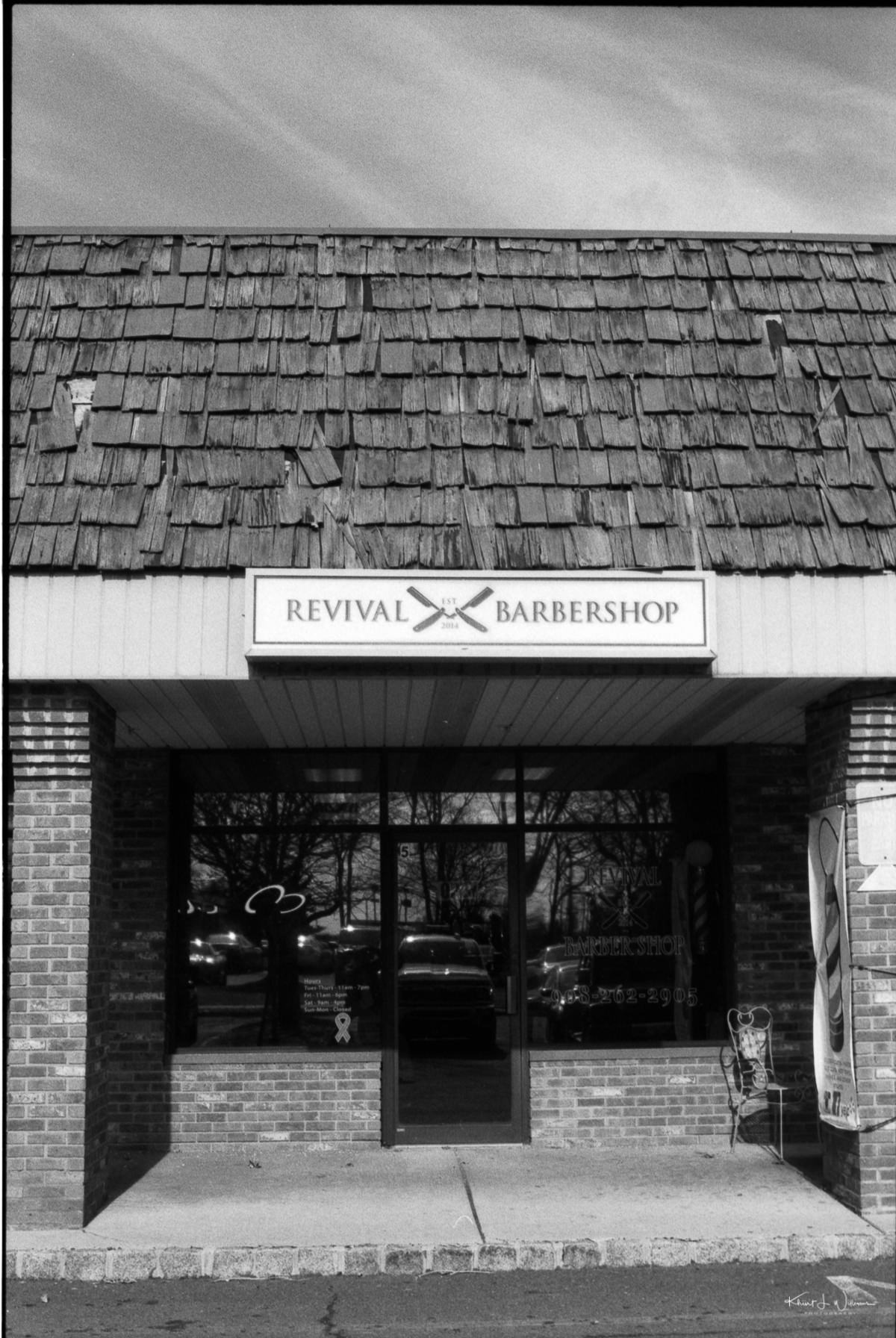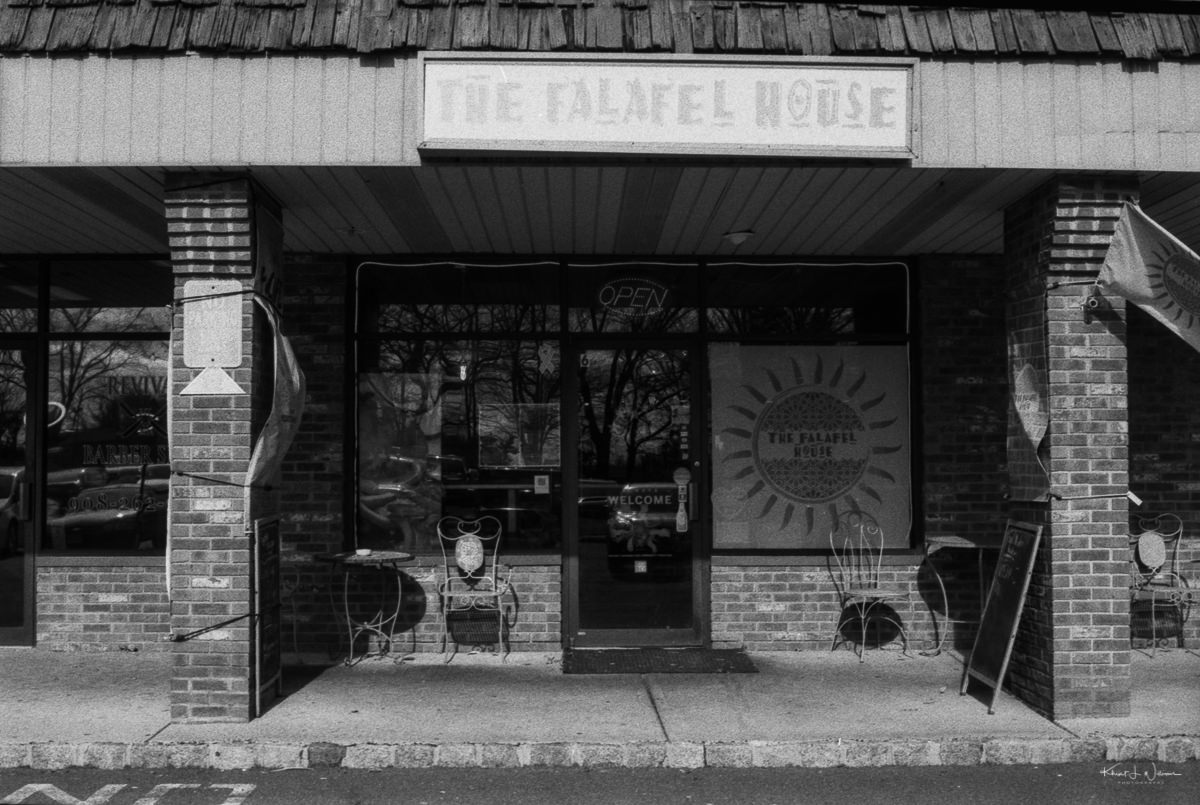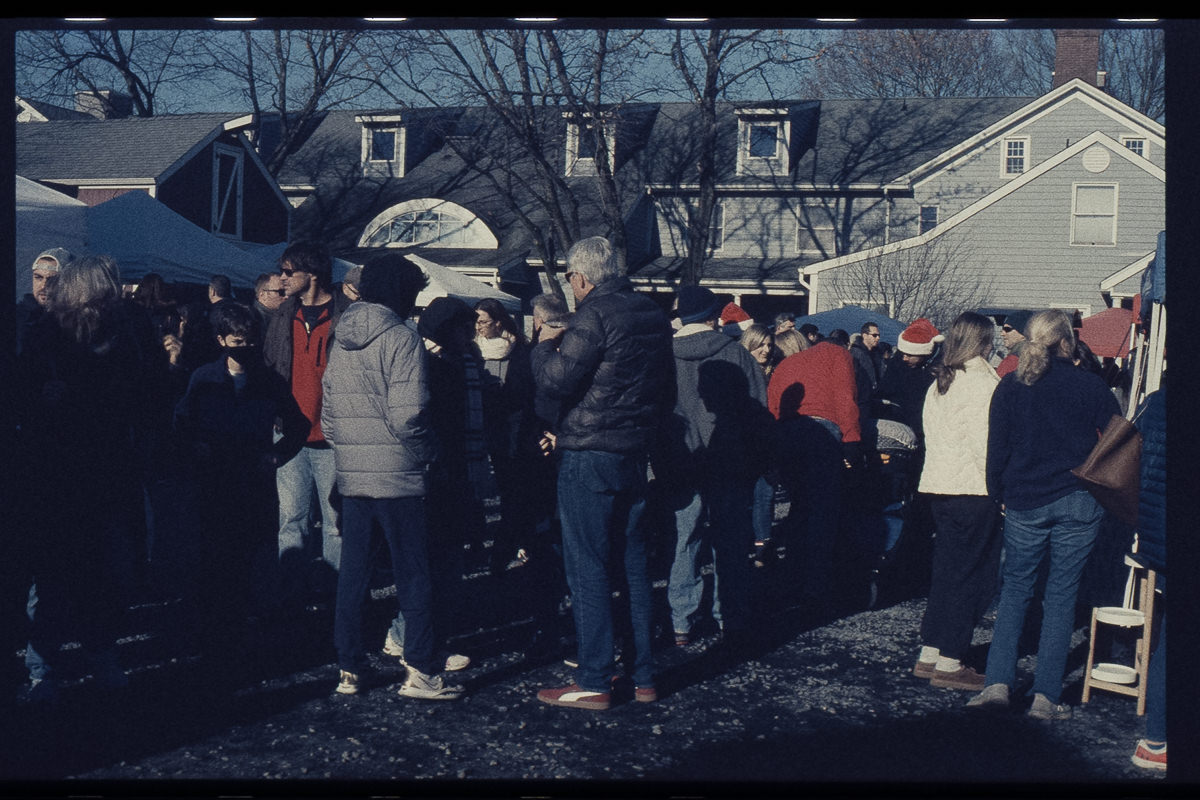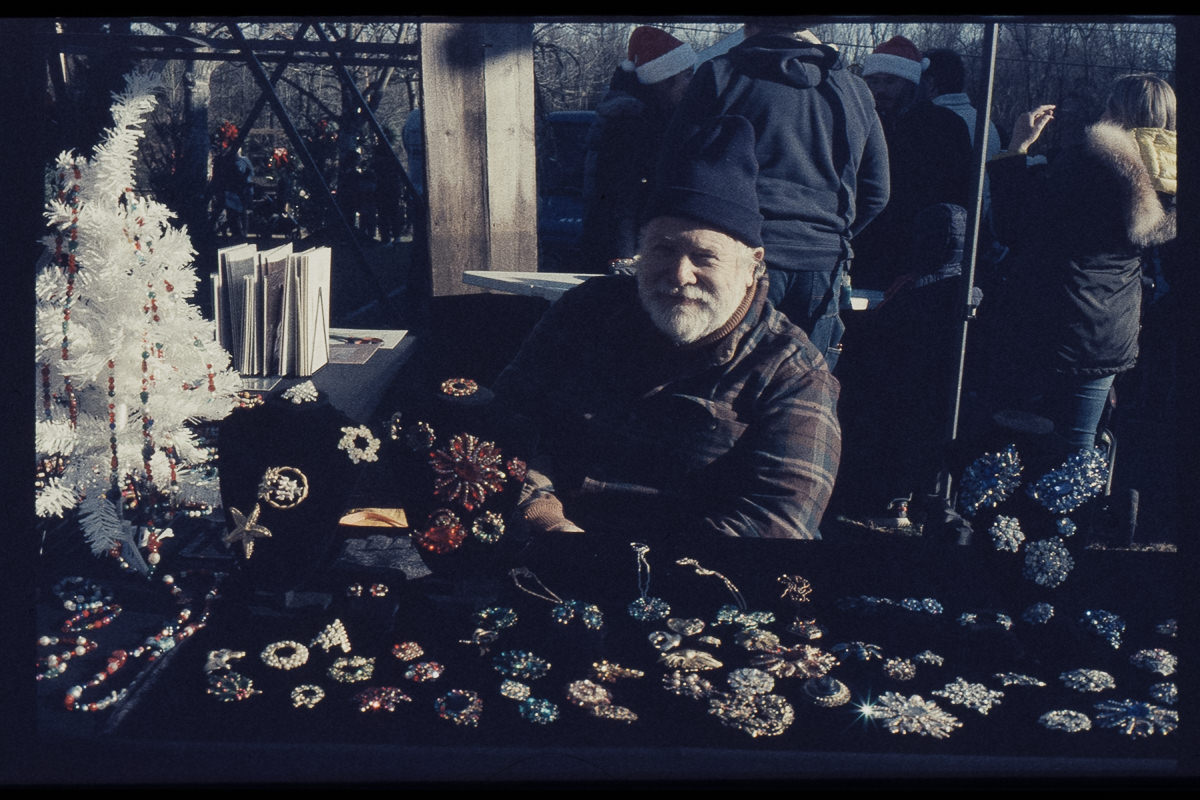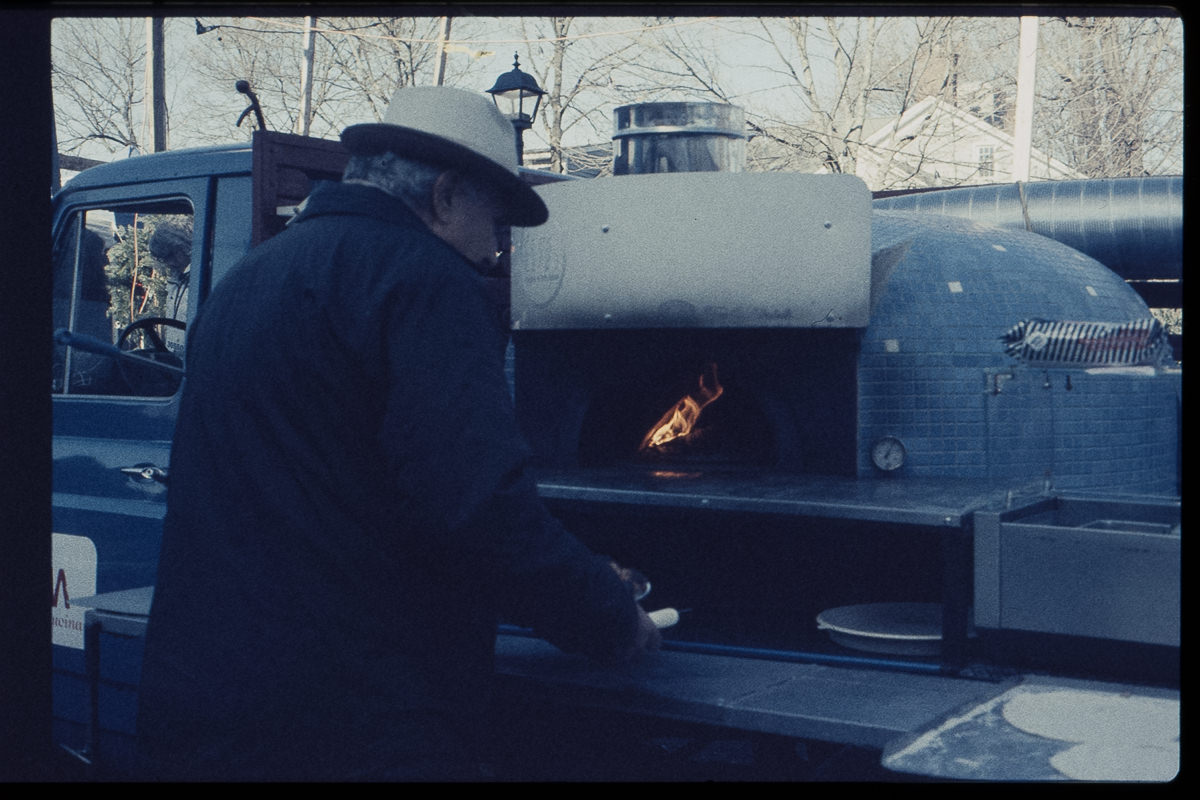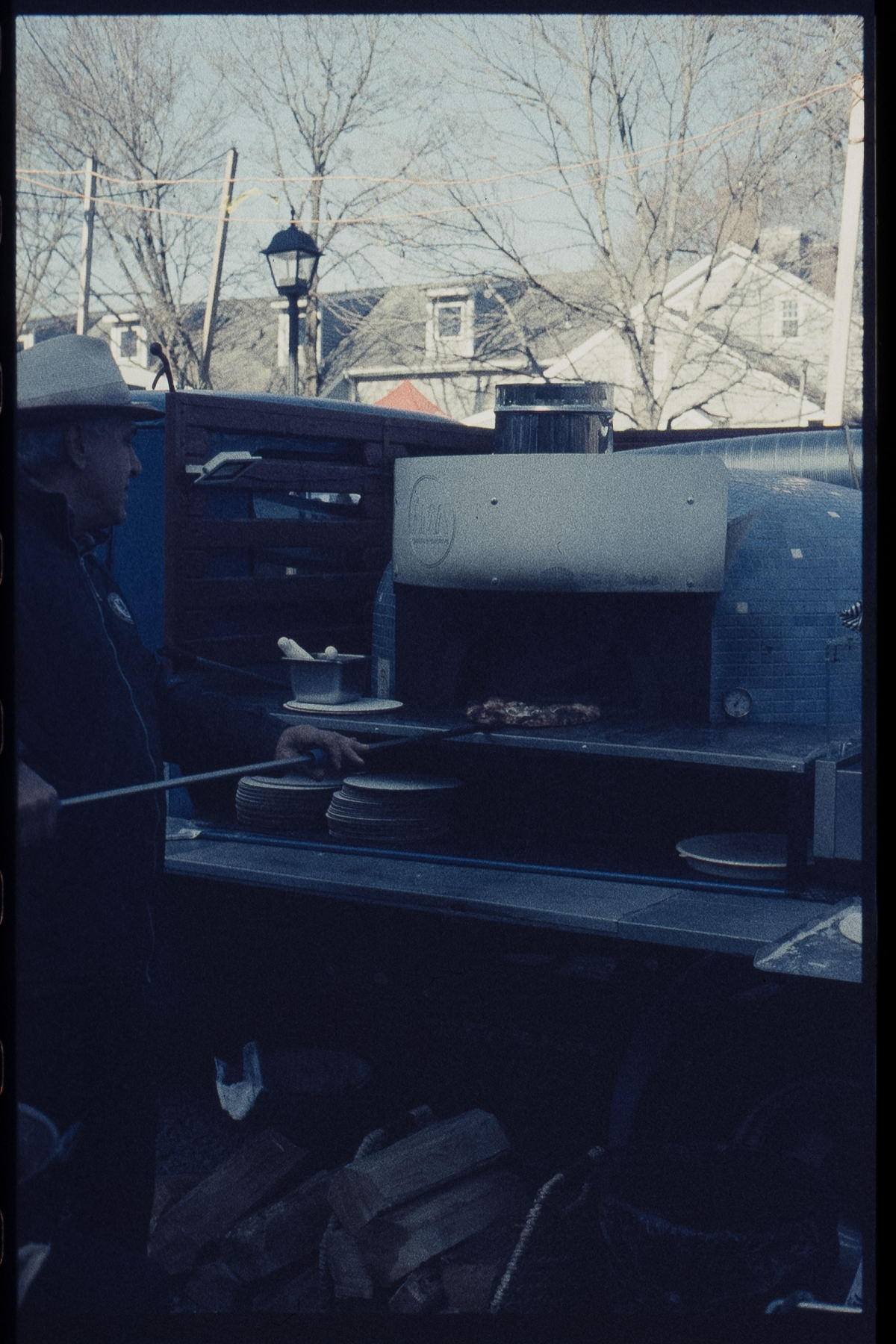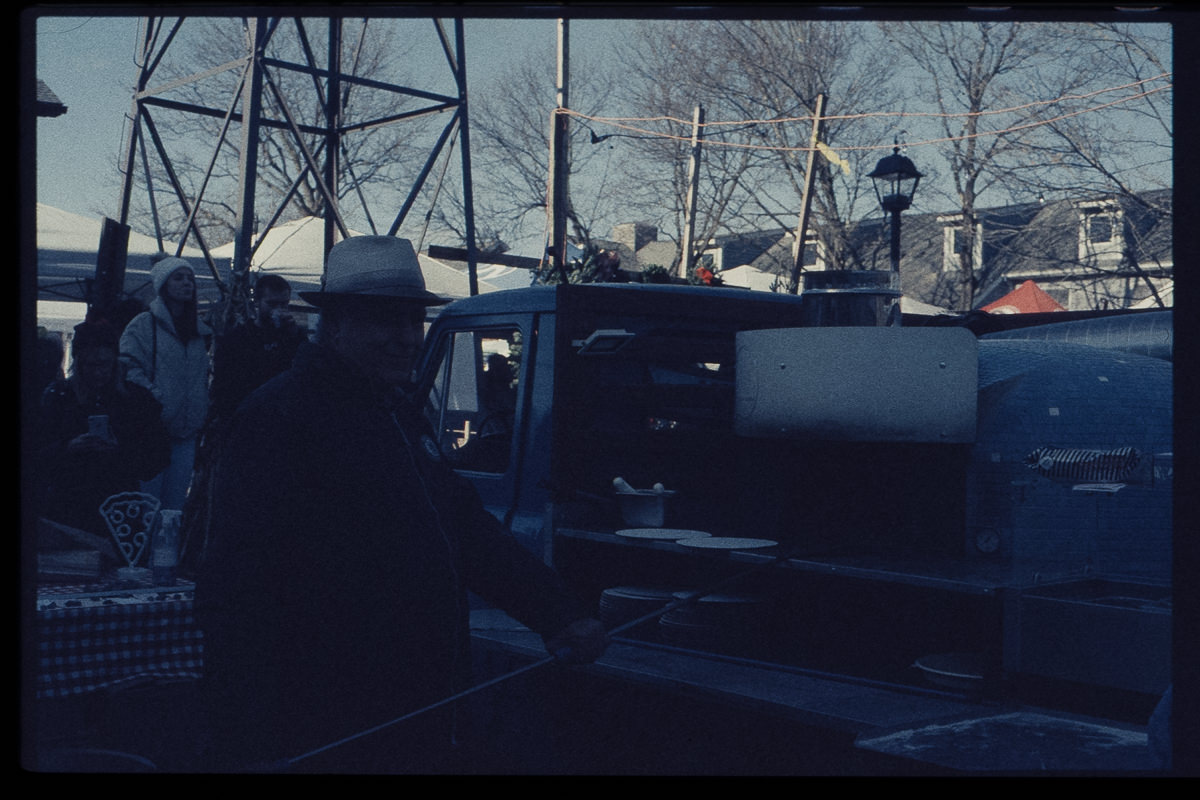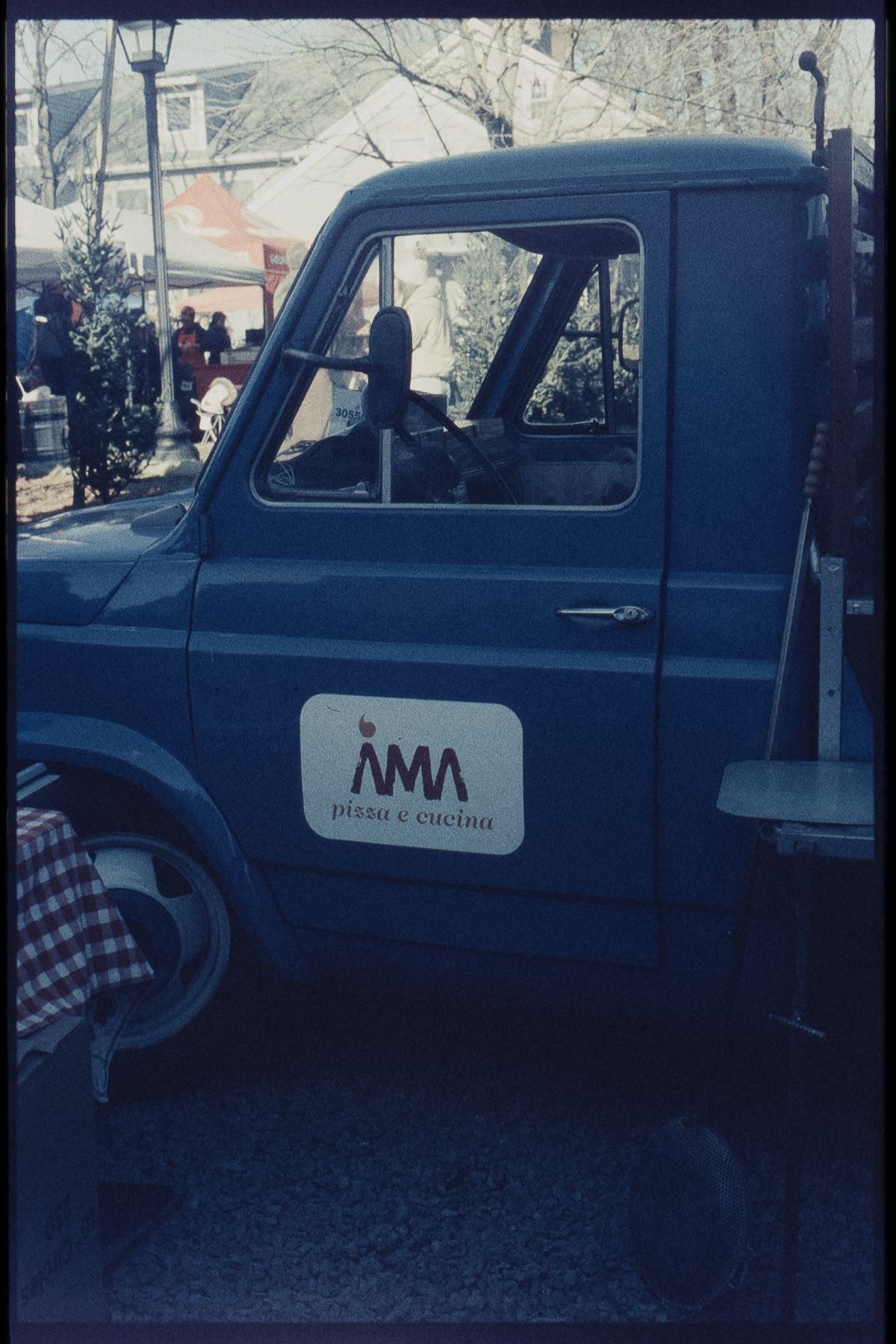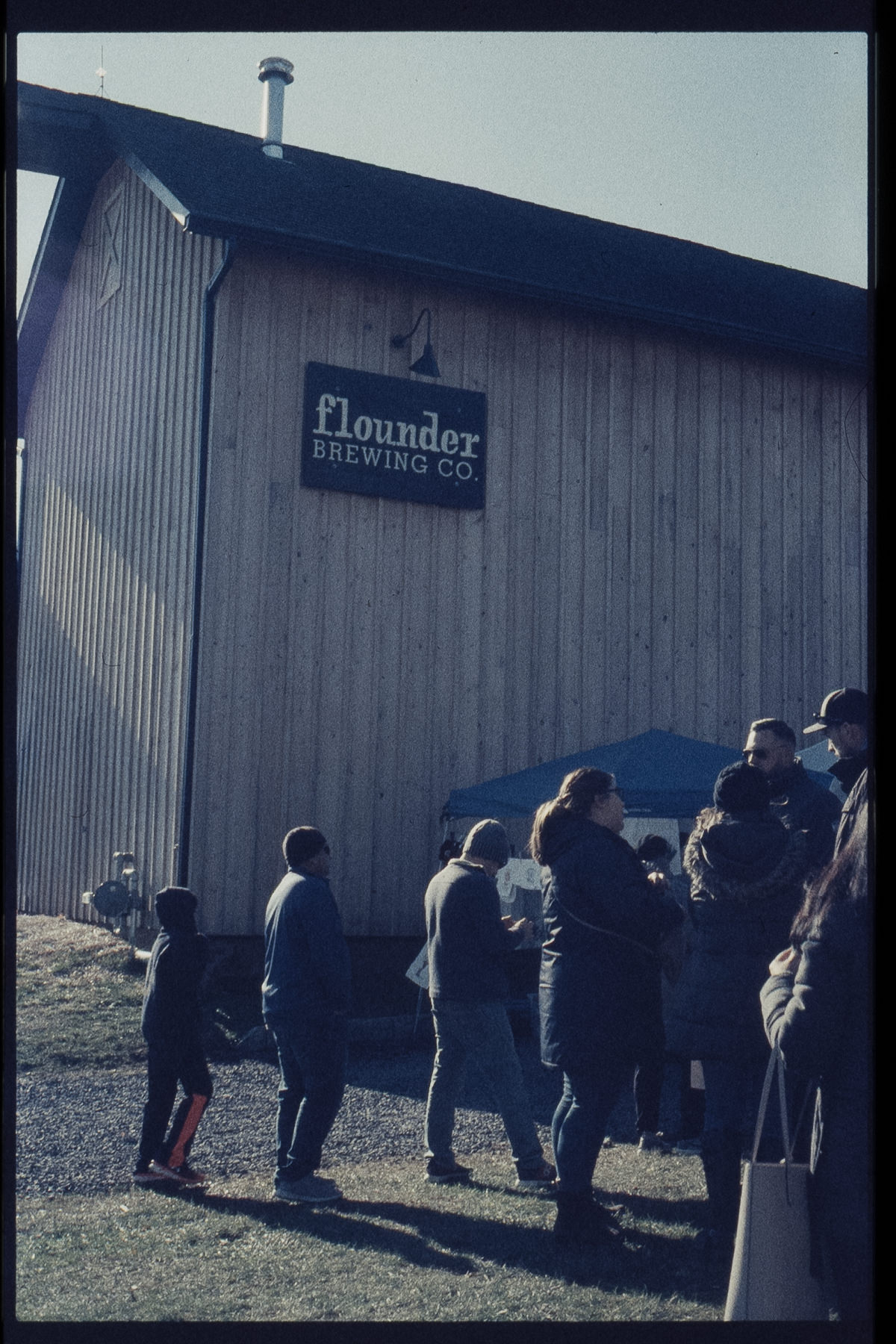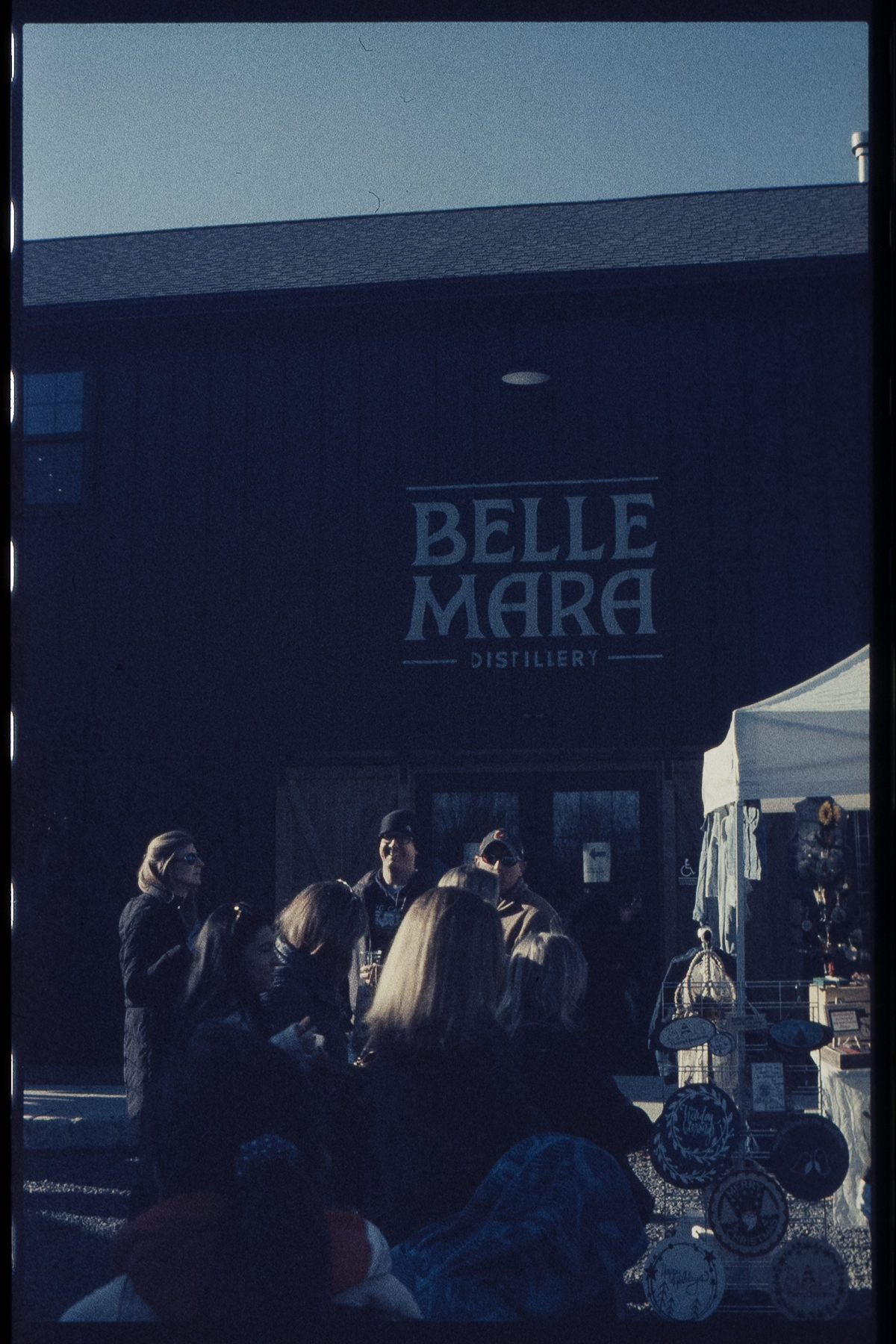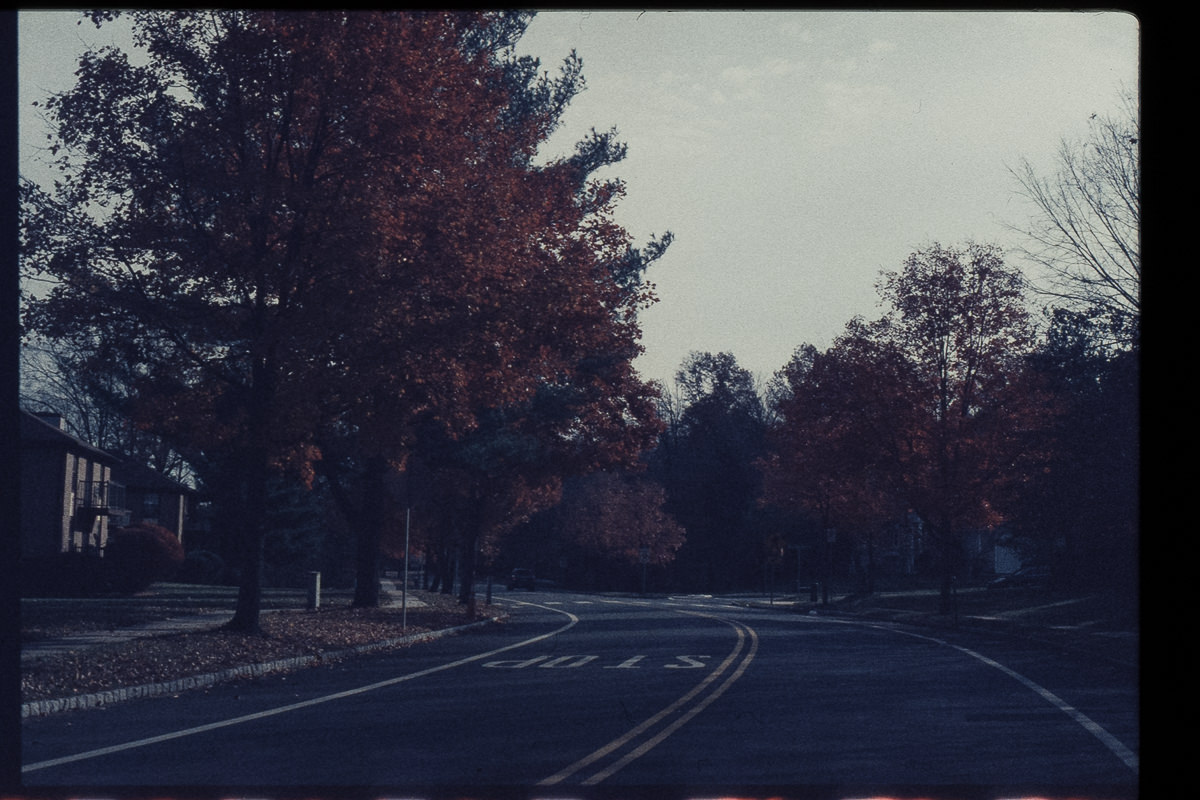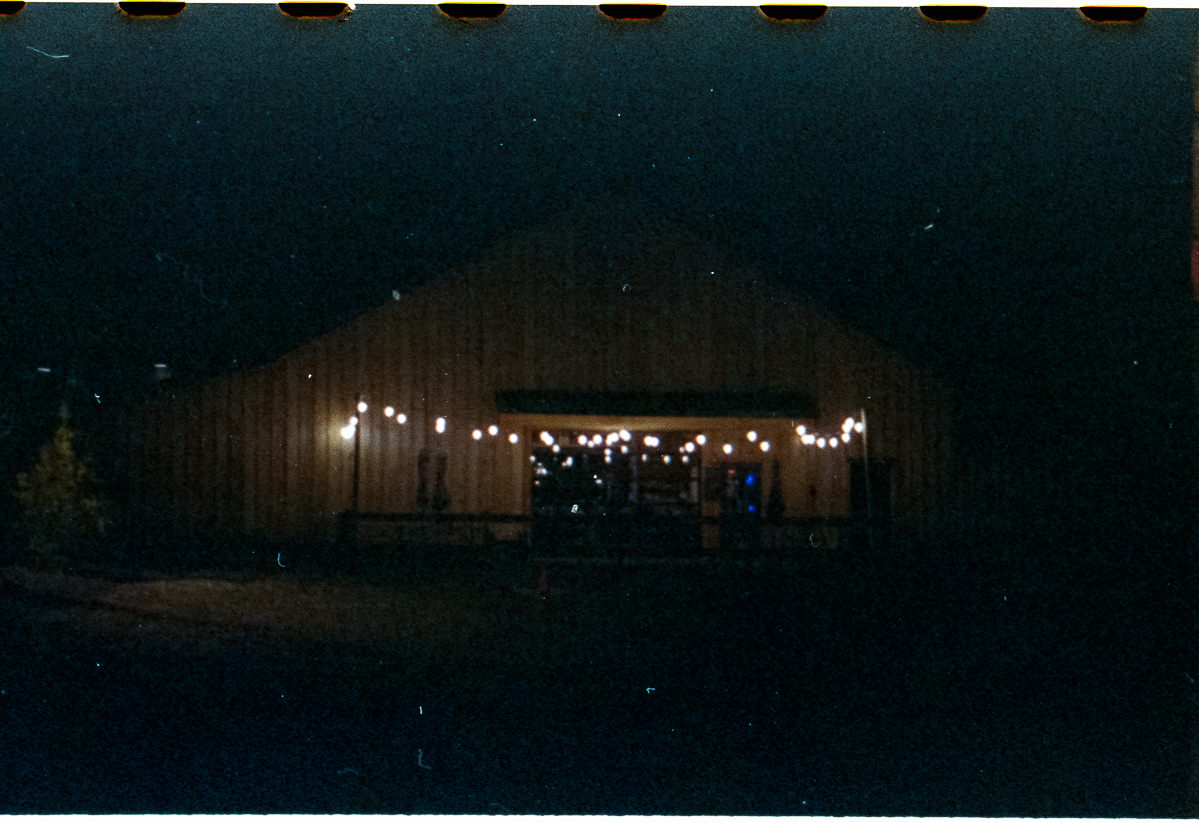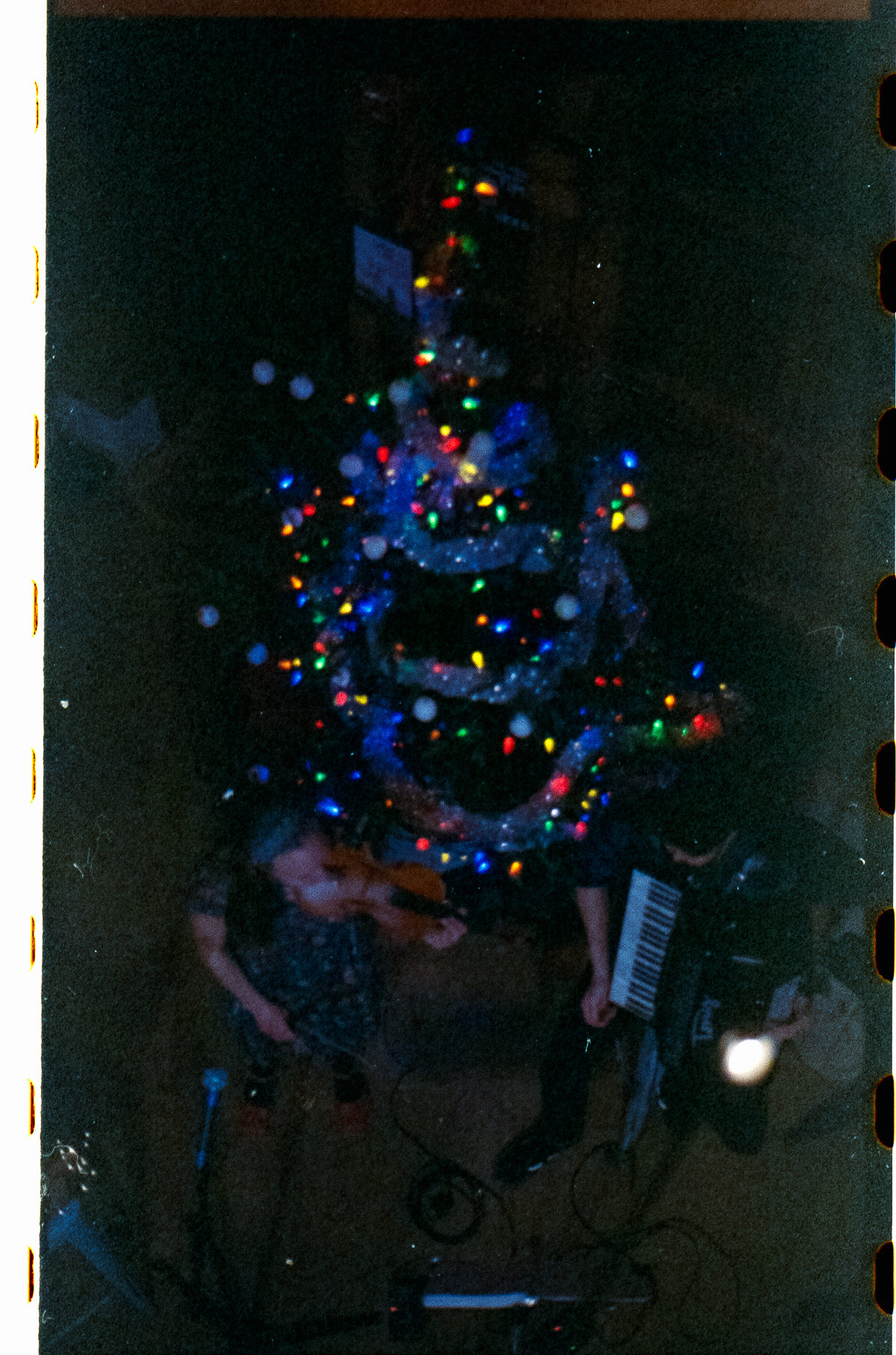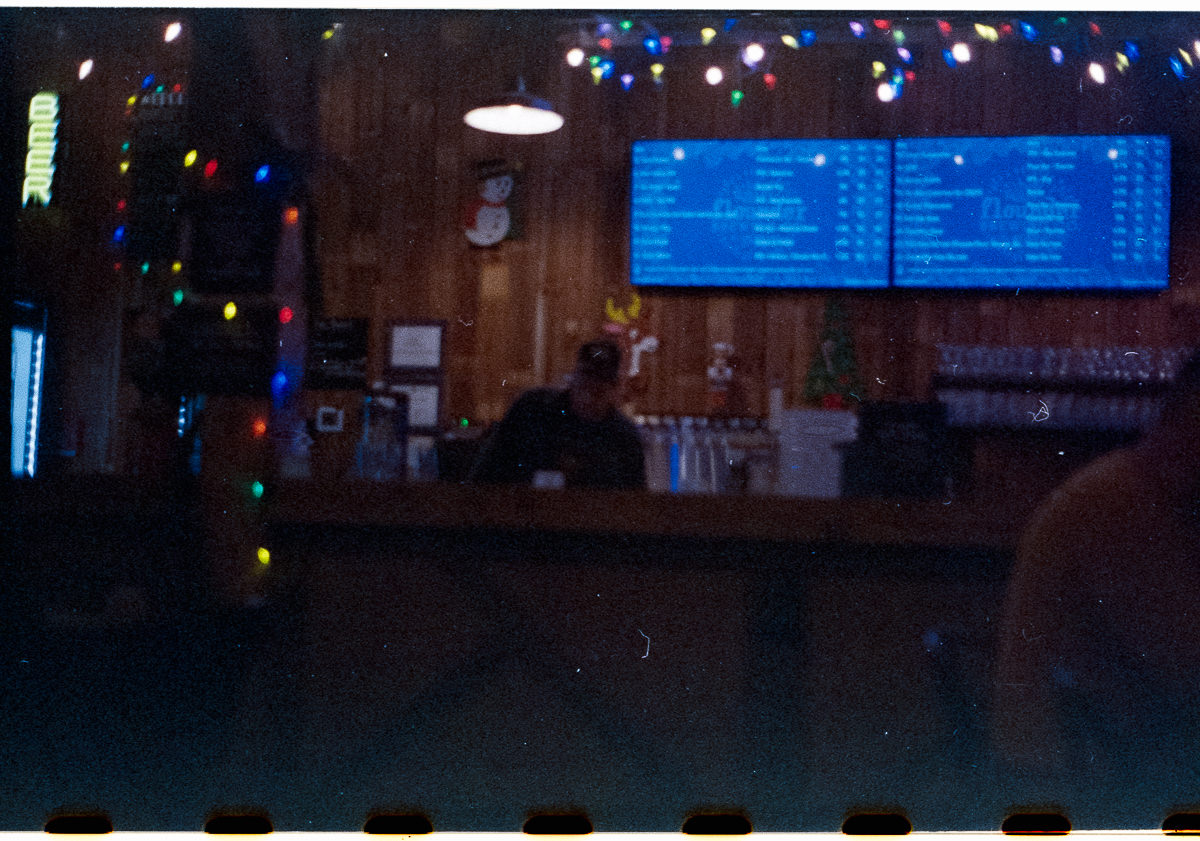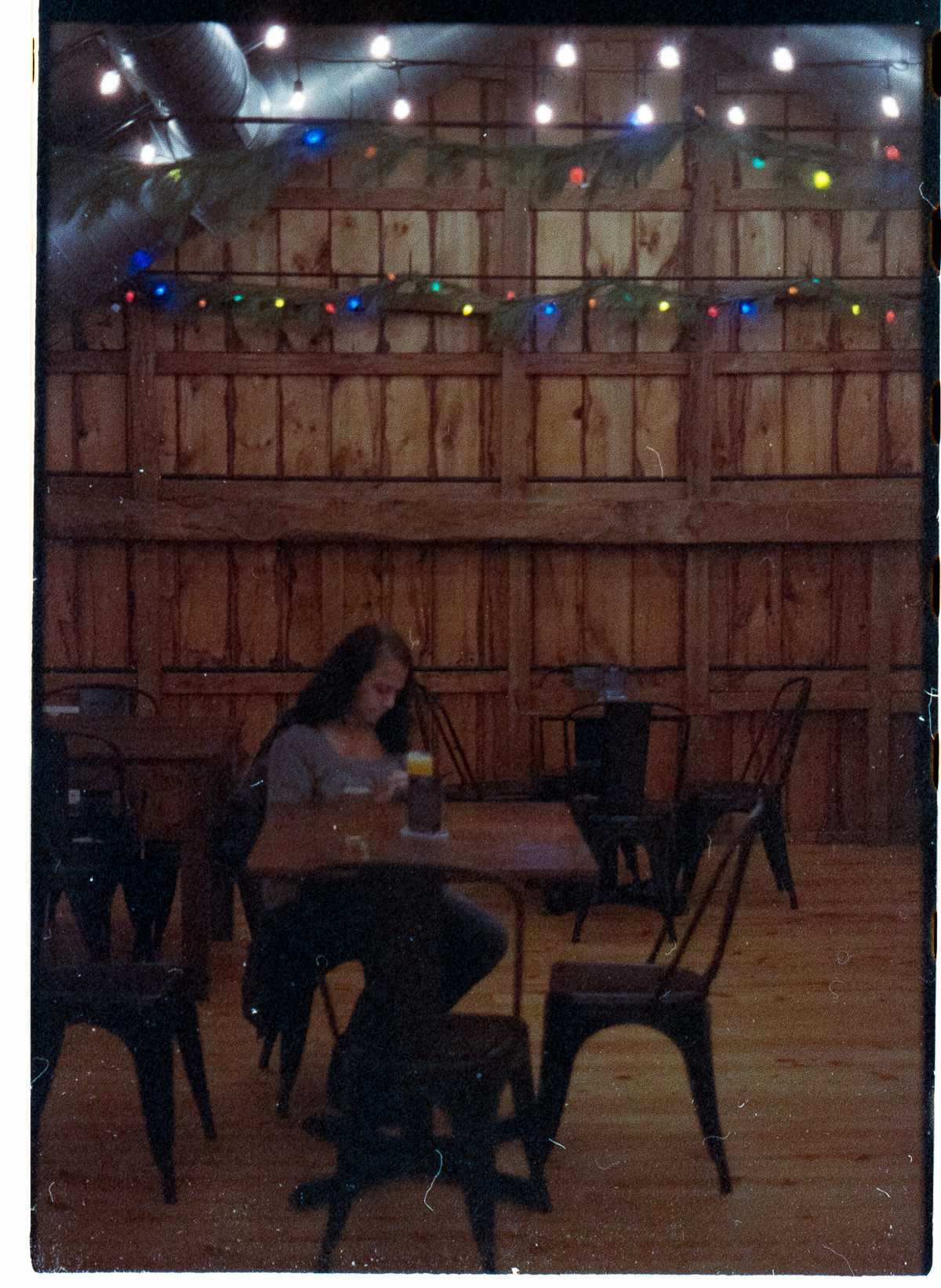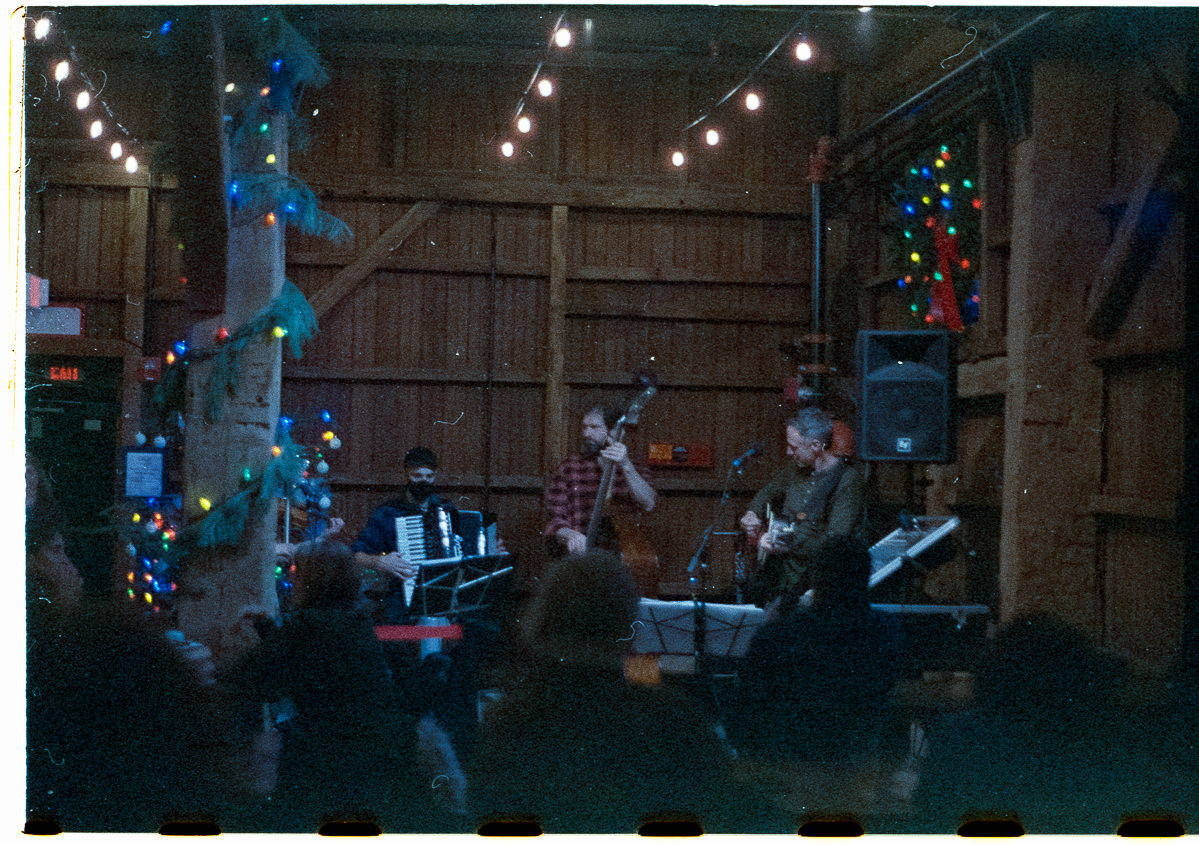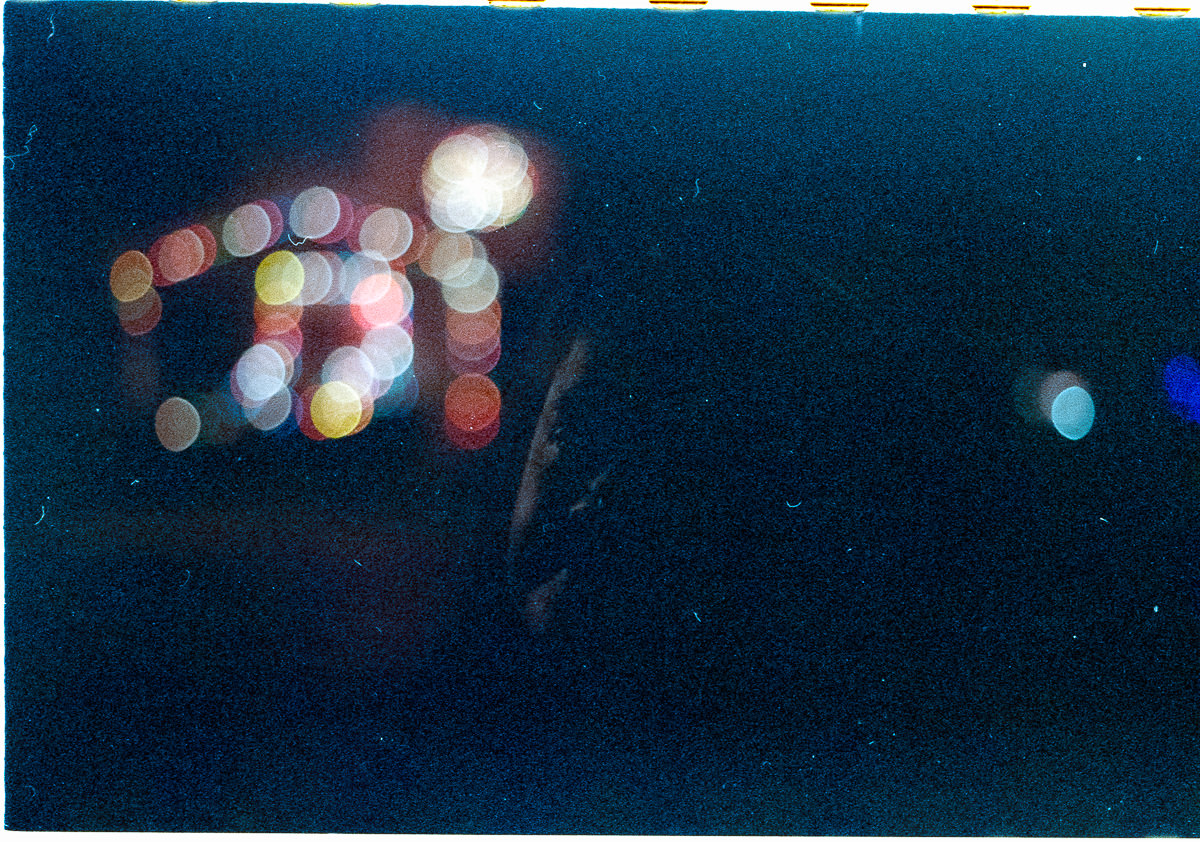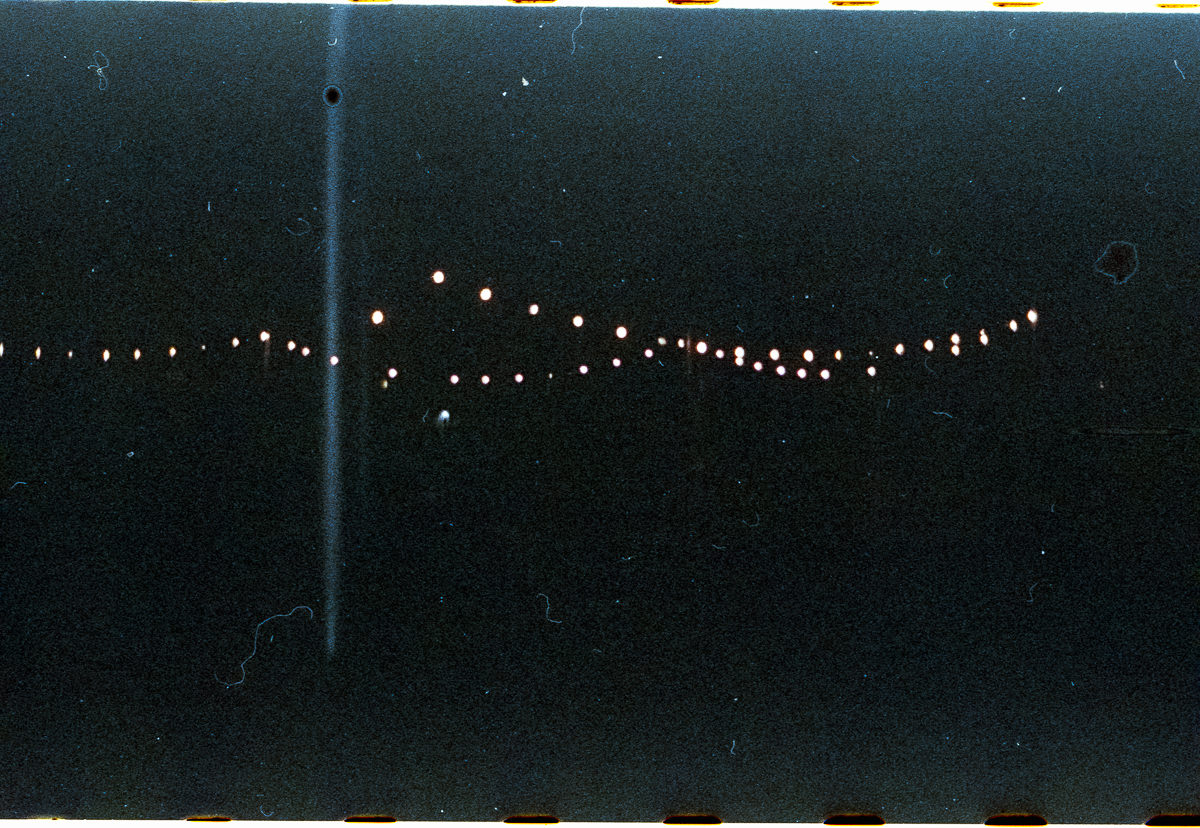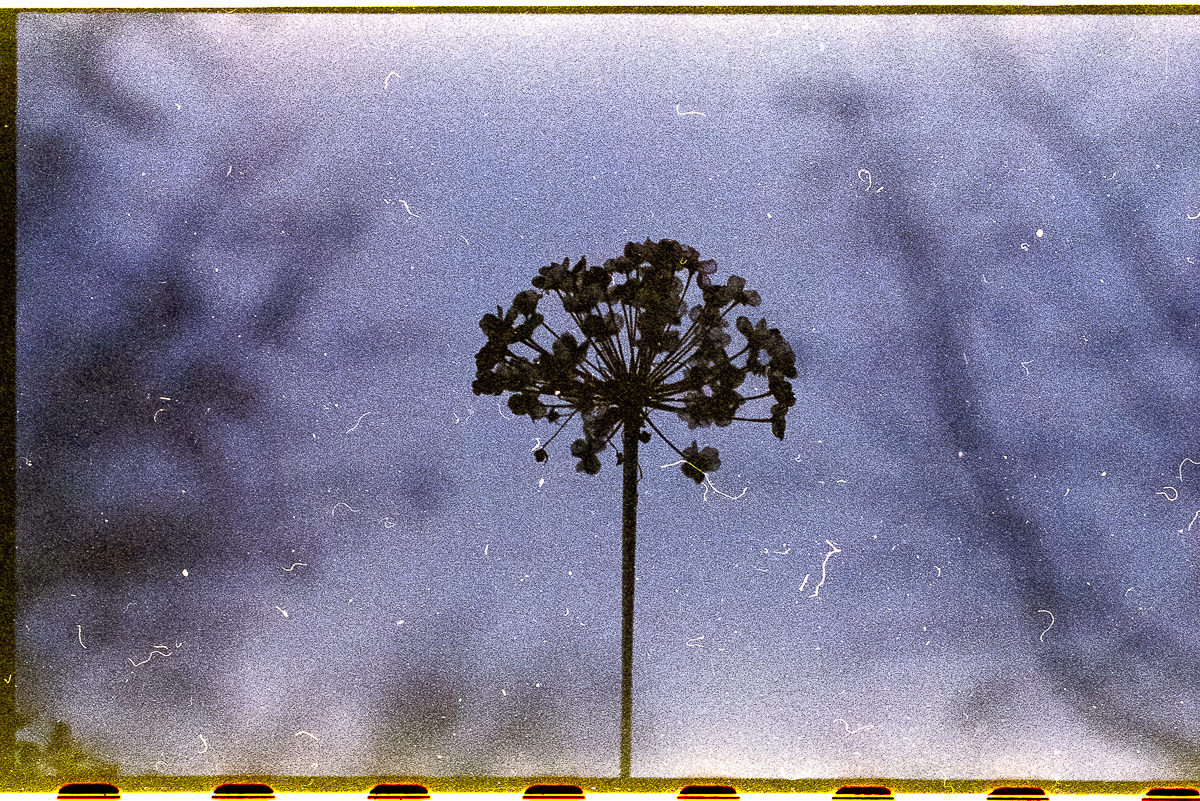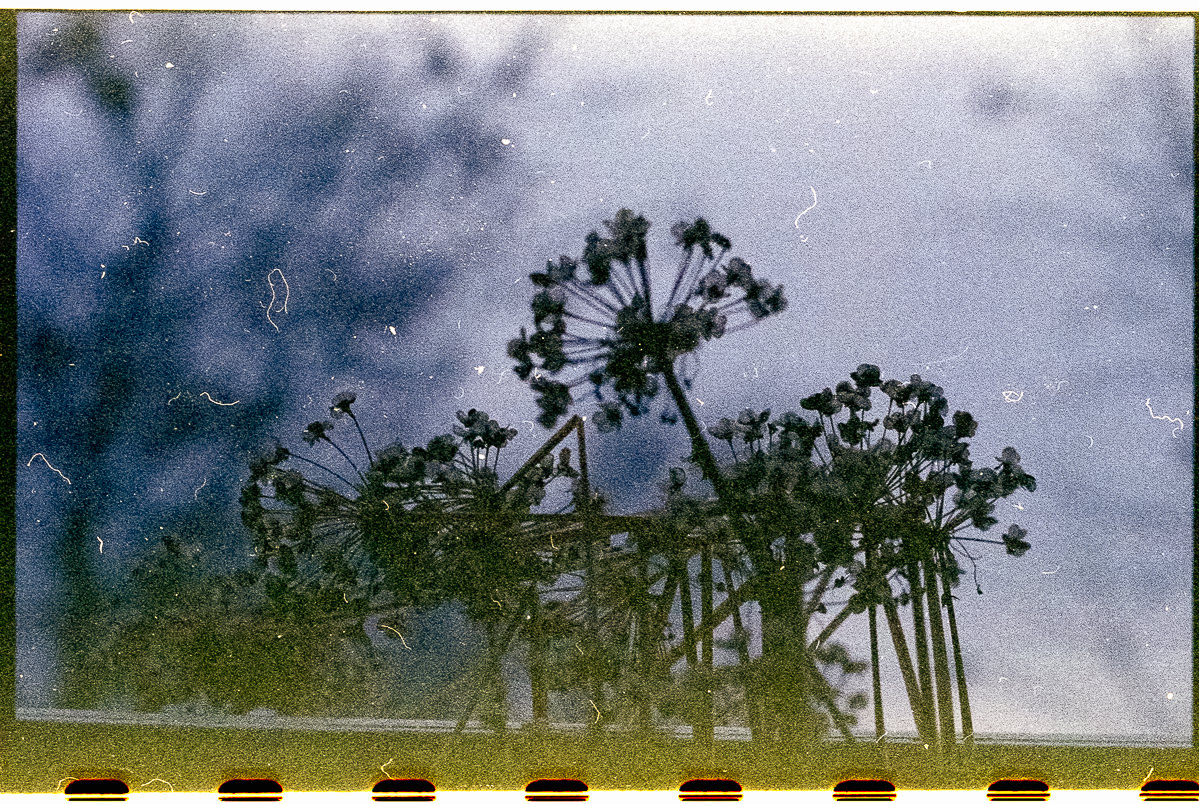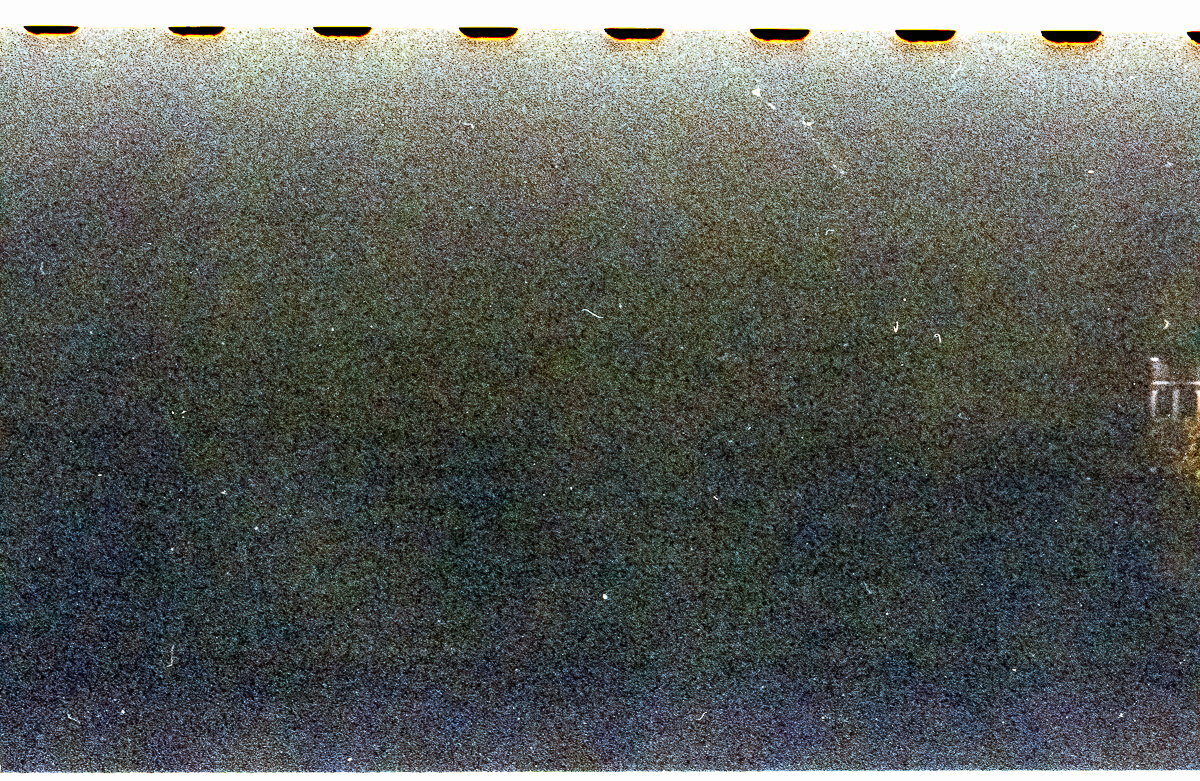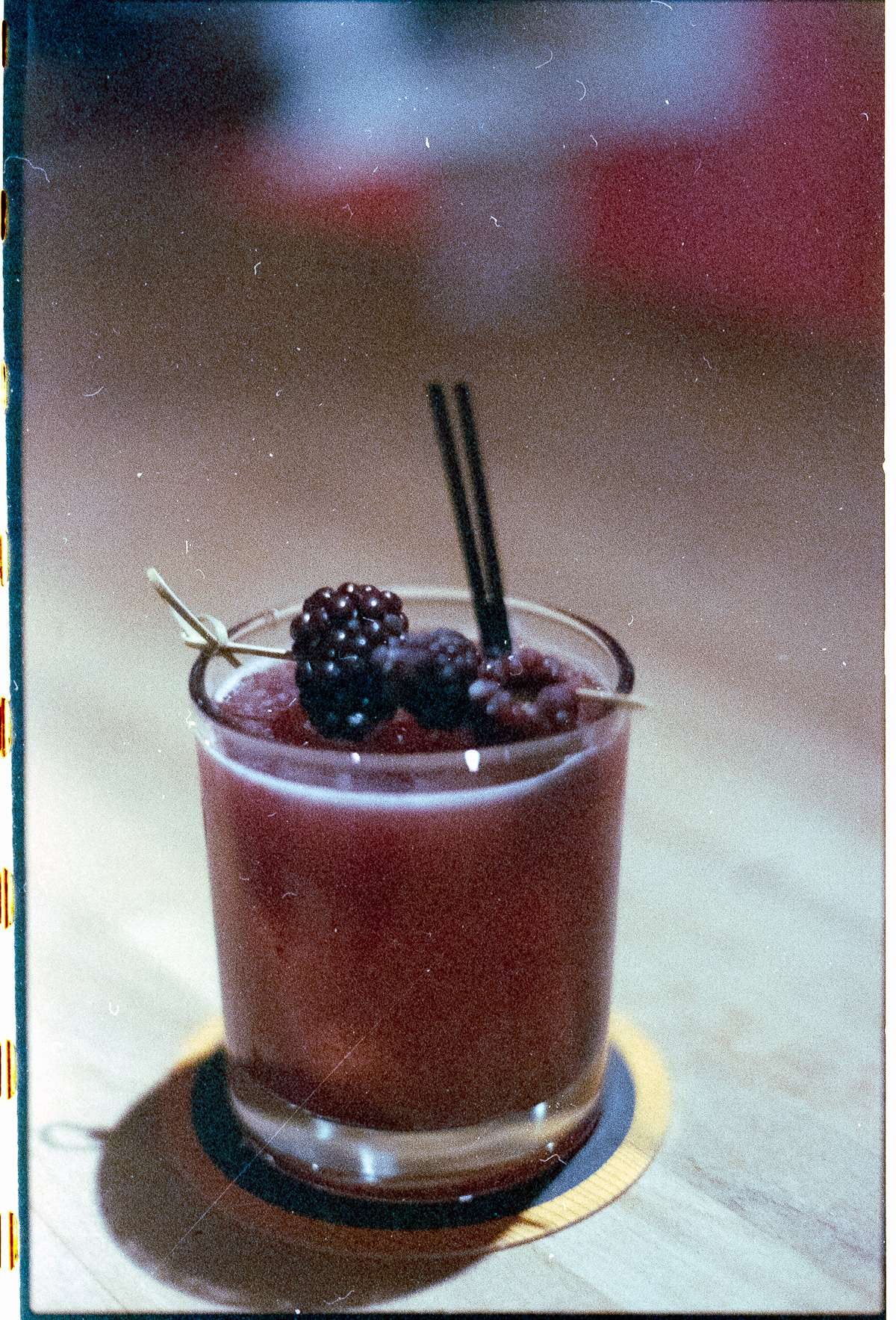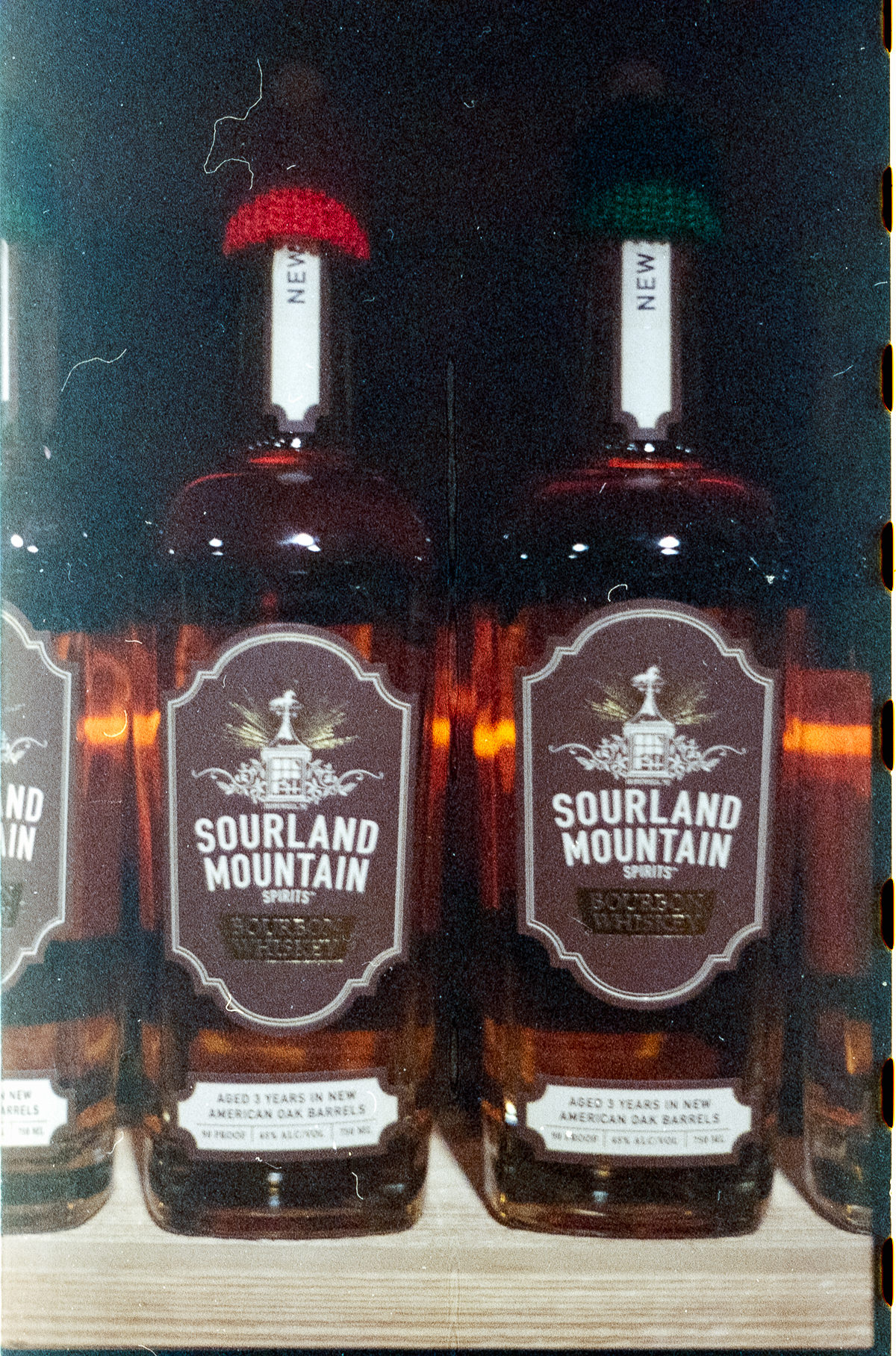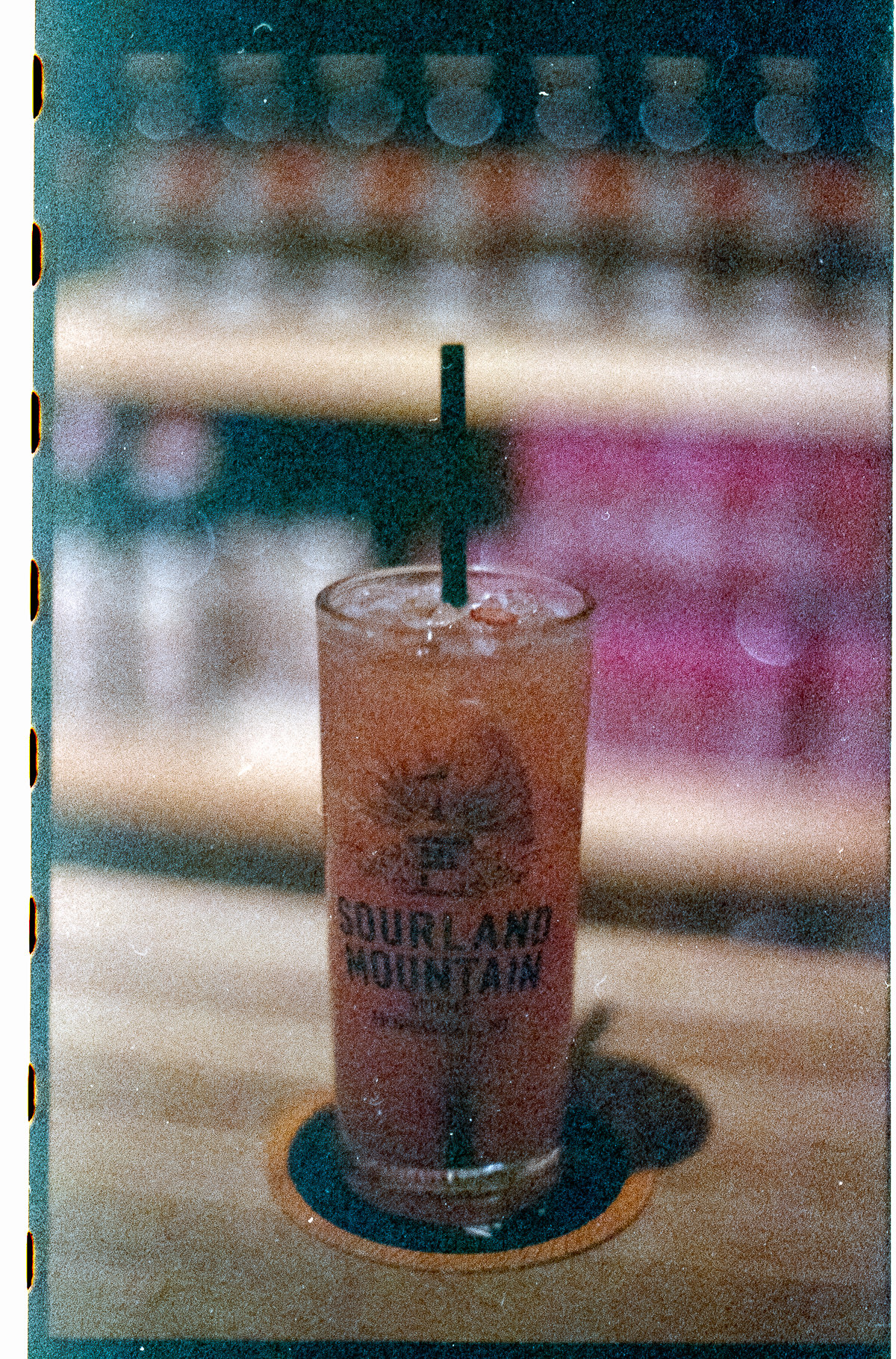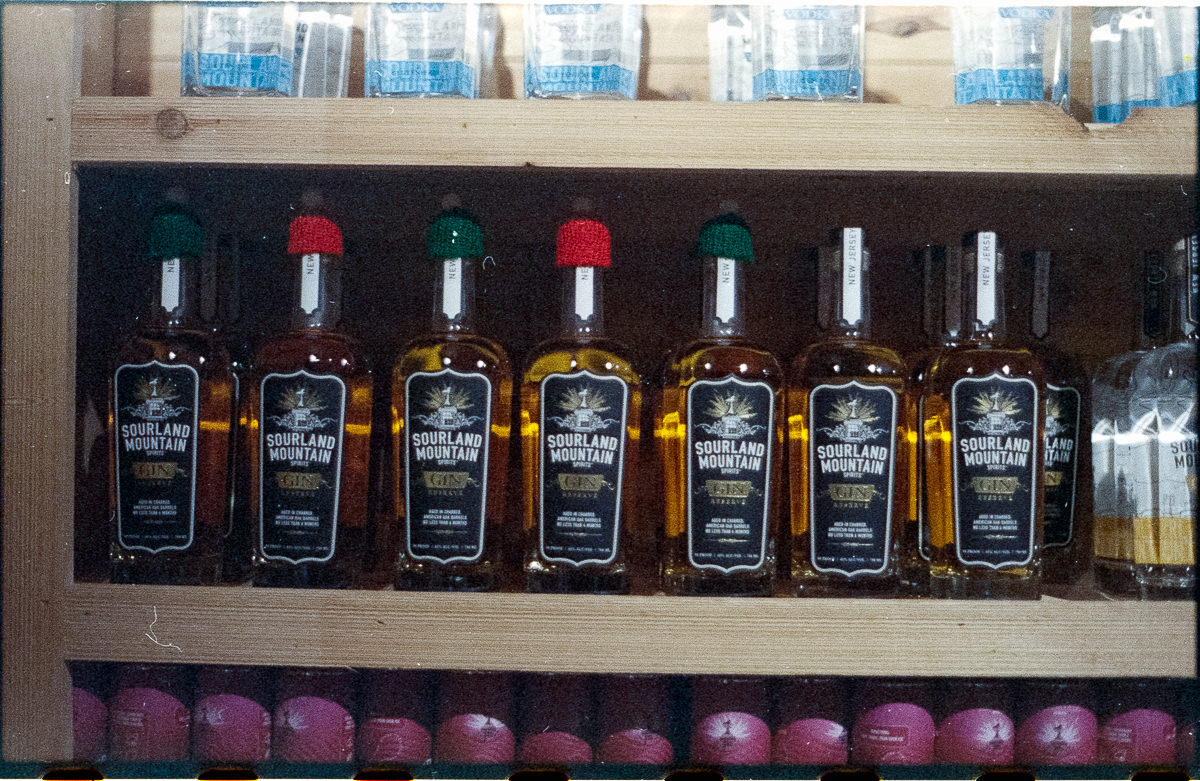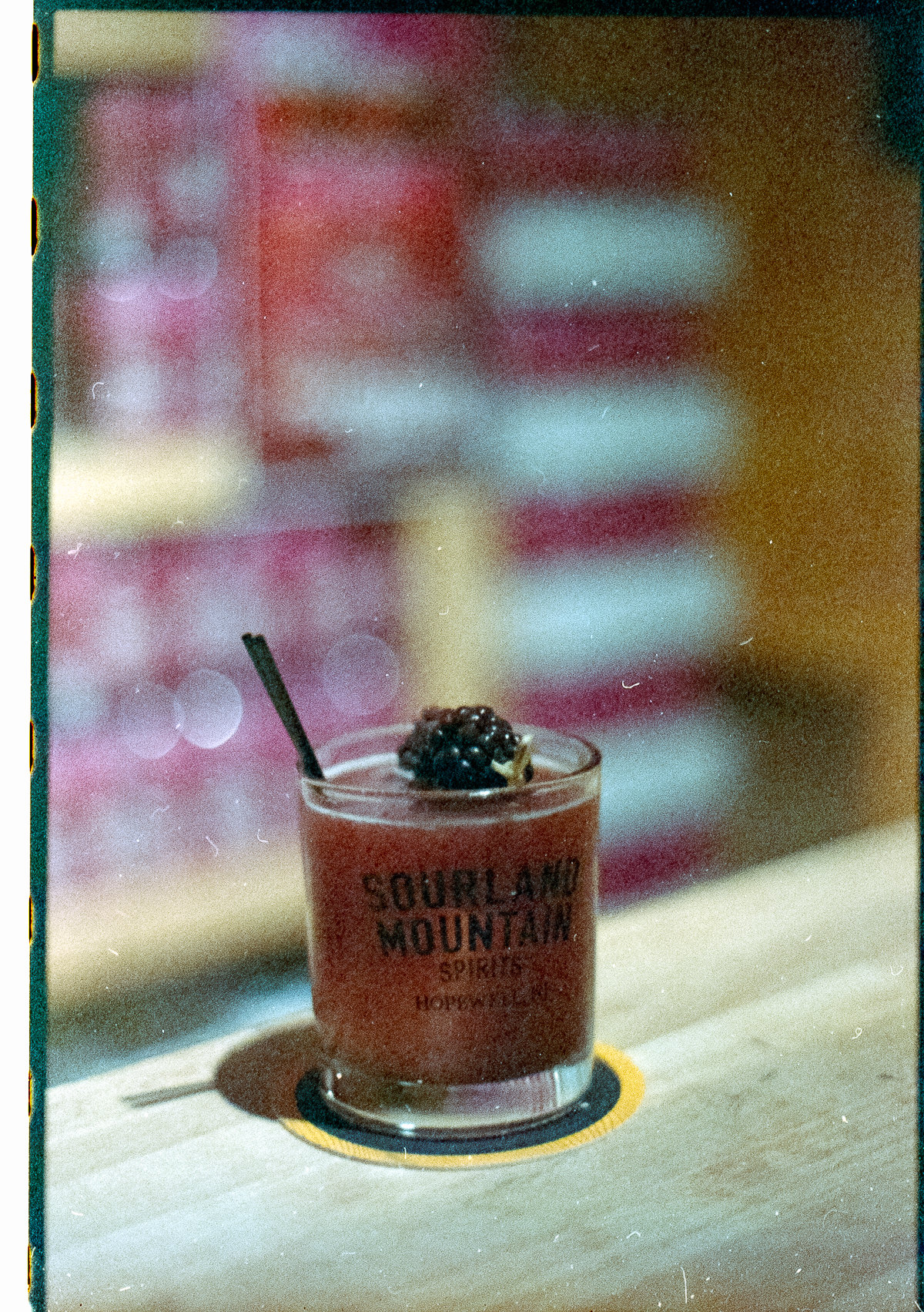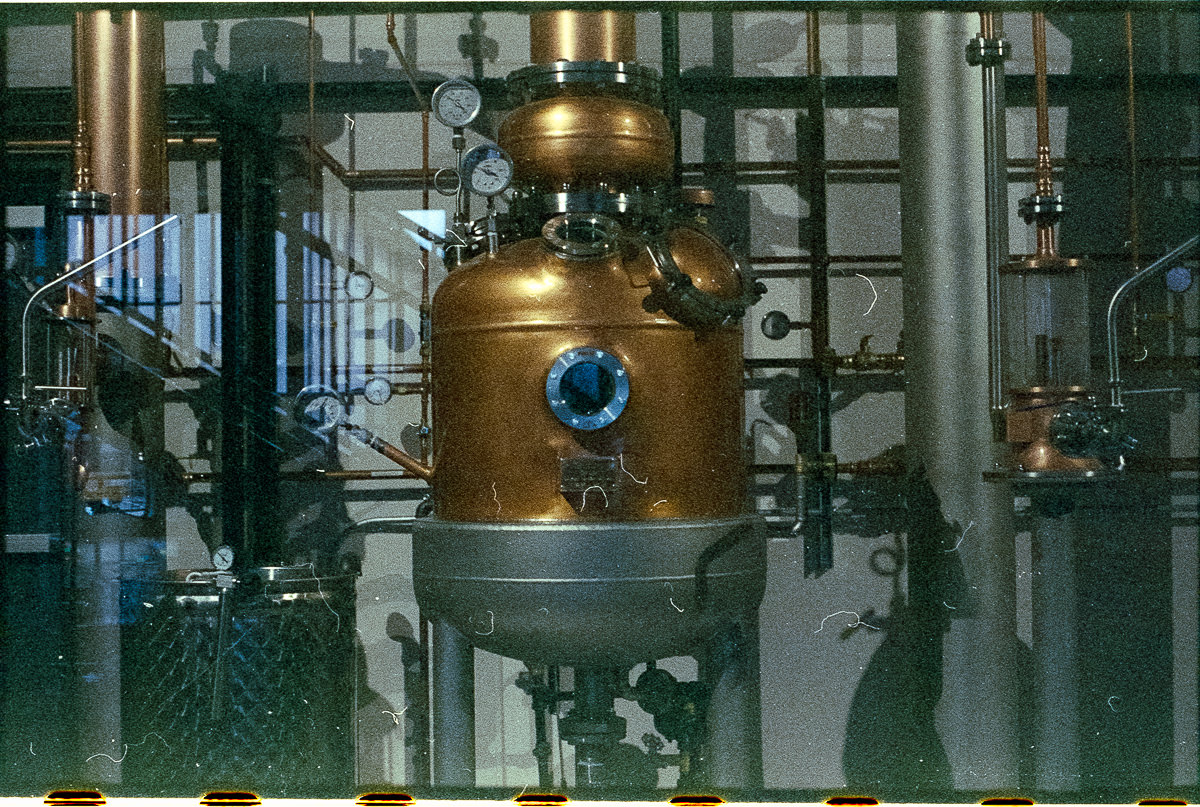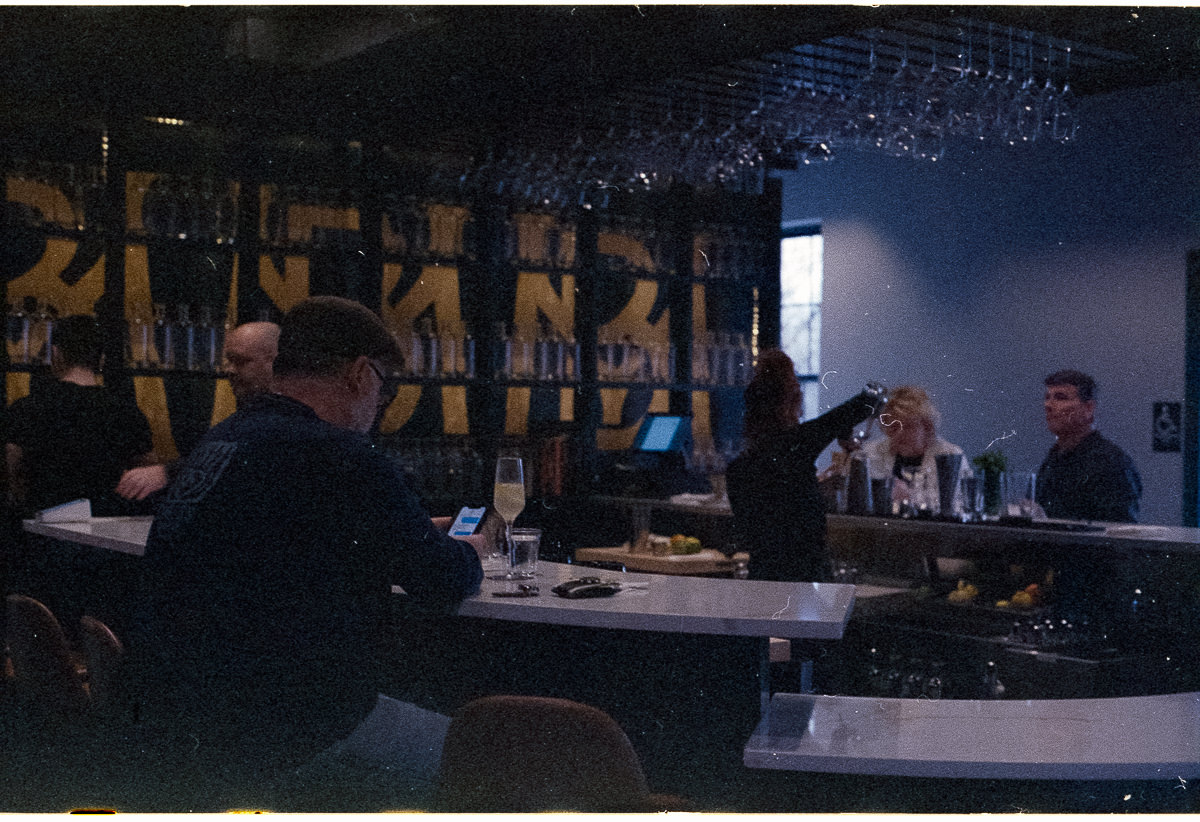Released in 2021 by the New Classic Film project, EZ400 is a panchromatic black and white negative 35mm film that delivers what some describe as "retro yet sharp images".
When you rate it at box speed, EZ400 will give you contrast images with plenty of detail in the highlights and lightly subdued shadows. Suitable for all light conditions, EZ400 is versatile and capable.
There was a certain amount of buzz when the EZ 400 film stock was released. I fell for the hype, managing to order a few rolls at Meseroll, a bicycle shop. That seems weird to me. Meseroll was selling EZ400 in a pack of five 36 exposure rolls. I have exposed just this one roll so far.
Each 35mm film cassette is packaged in a durable recycled kraft paper container. I don’t know why kraft is spelt with a "k", but I think it's cool. The EZ400 containers are recyclable. The film cassettes have no DX coding, and this is a non-issue on cameras such as my Minolta XD-11 and X-700, where I can set the ISO manually, but it will be an issue for cameras that depend on DX coding.
I exposed the first roll at box speed at Palmer Square and around my neighbourhood. I sent the cassette off for Boutique Film Lab to develop. Here are some frames scanned with an Epson V600 with my scanning workflow. All film frames were exposed at box speed. The results are okay, nothing spectacular. But EZ 400 is low-price and an excellent alternative black and white film to put in my Minolta. I have four more rolls of EZ400. Maybe it will grow on me.
| Name | New Classic Film EZ400 400 |
|---|---|
| Type | Black and White (negative) |
| Native ISO | 400 |
| Format | 35mm |
| Process | Black and White |
| Lab | Boutique Film Labs |
| Scanner | Epson Perfection V600 |
| Software | SilverFast 9 SE and Negative Lab Pro |

